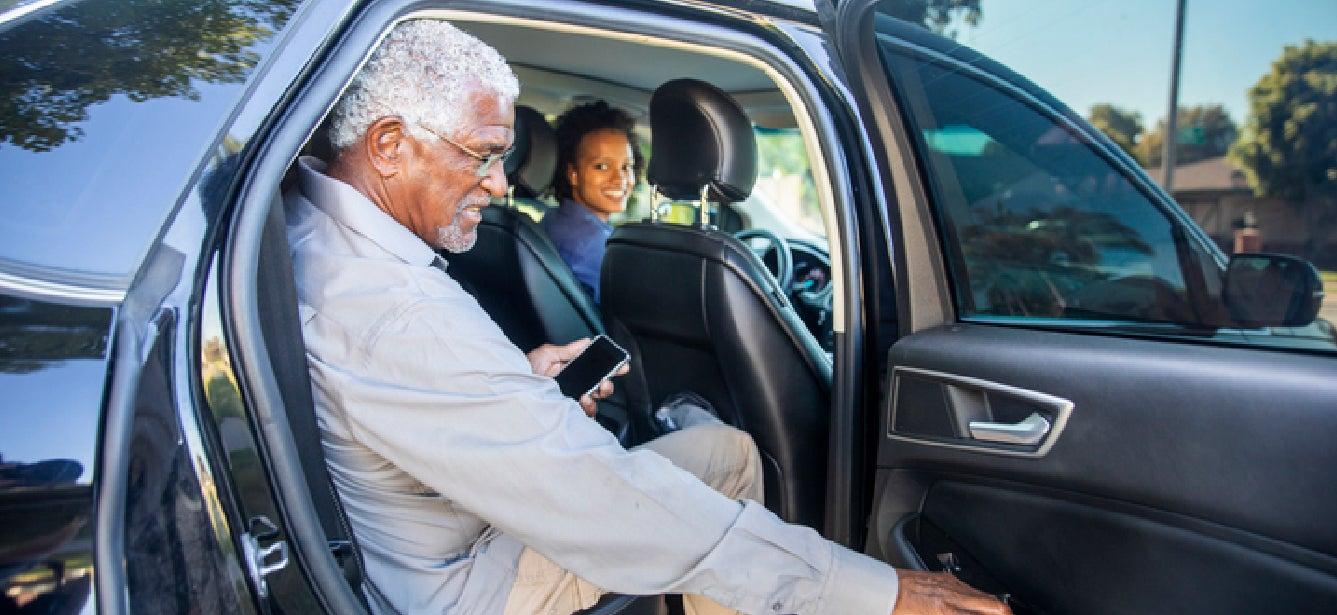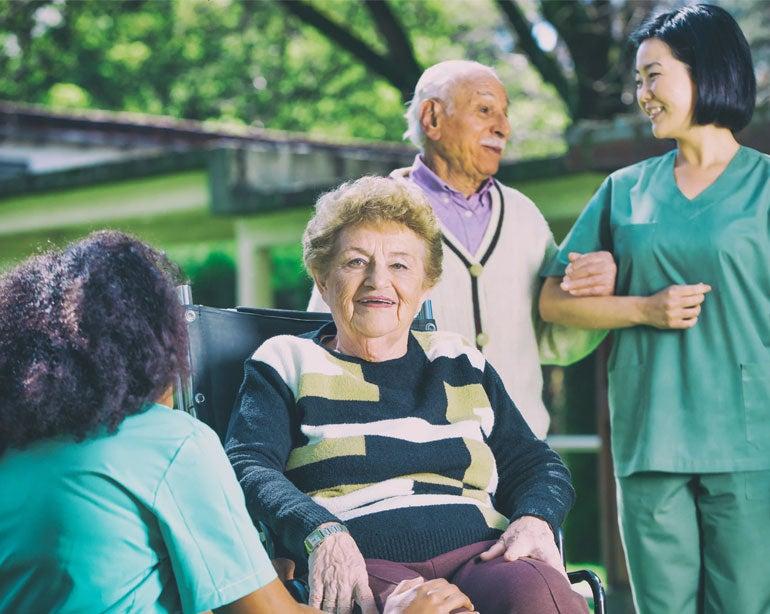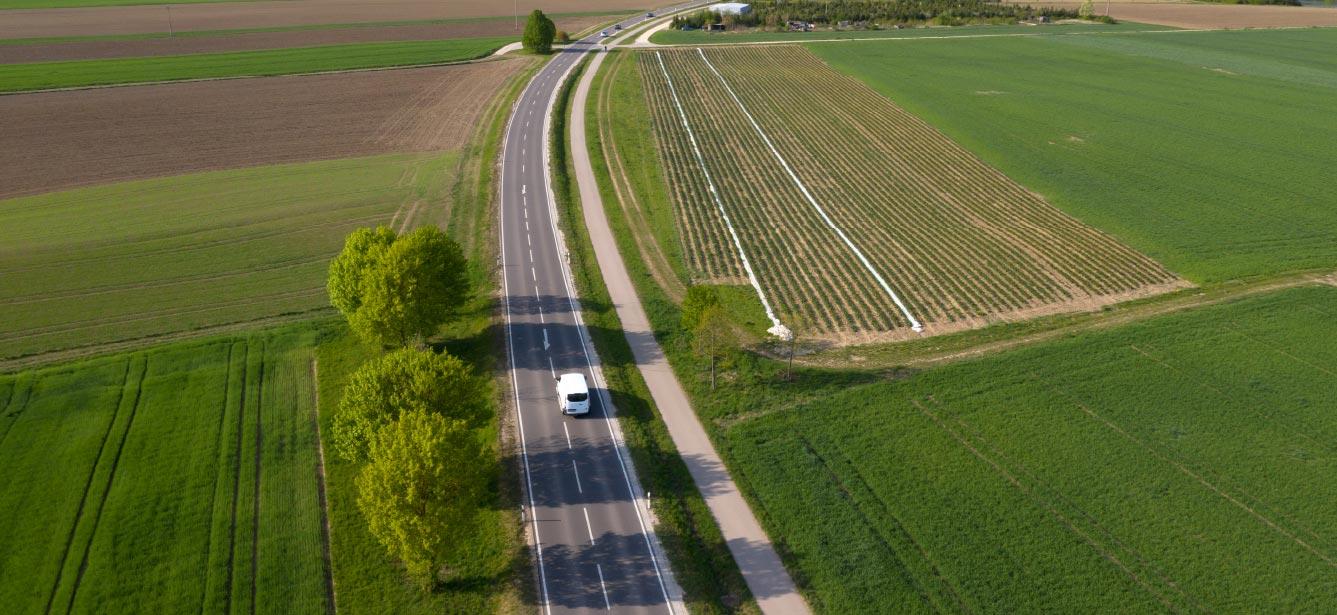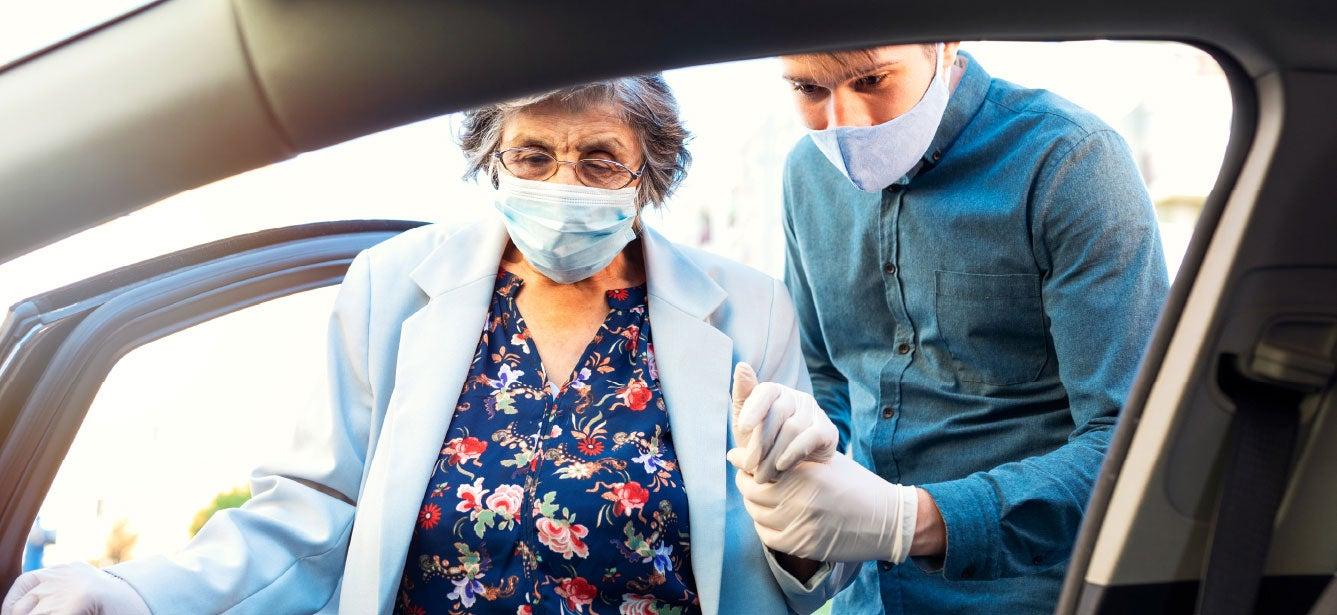Transportation Benefits
Transportation is a critical support for older adults to access community services and reduce social isolation. Discover how to connect seniors to transportation and share tips to make their ride safe.
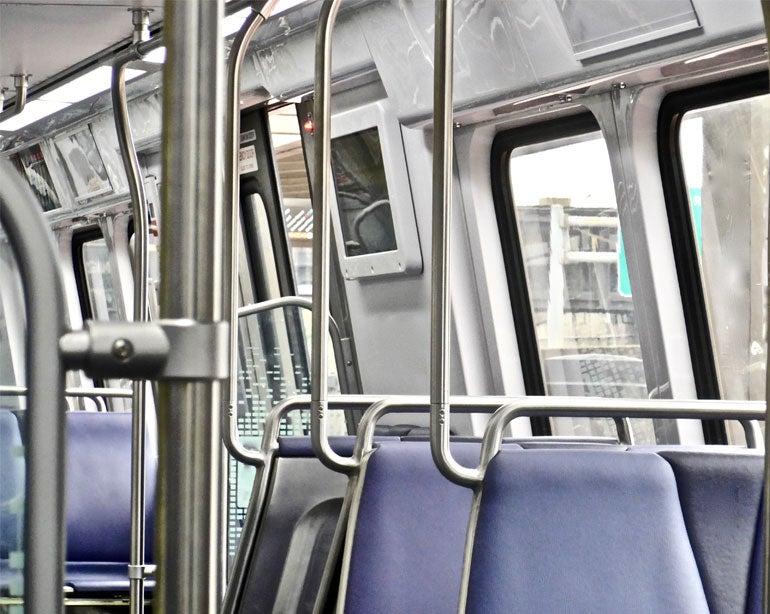
Find benefits with NCOA's online tool.
NCOA's BenefitsCheckUp® connects older adults and people with disabilities with benefits to help pay for health care, medicine, food, and more. It's simple, free, and confidential.

